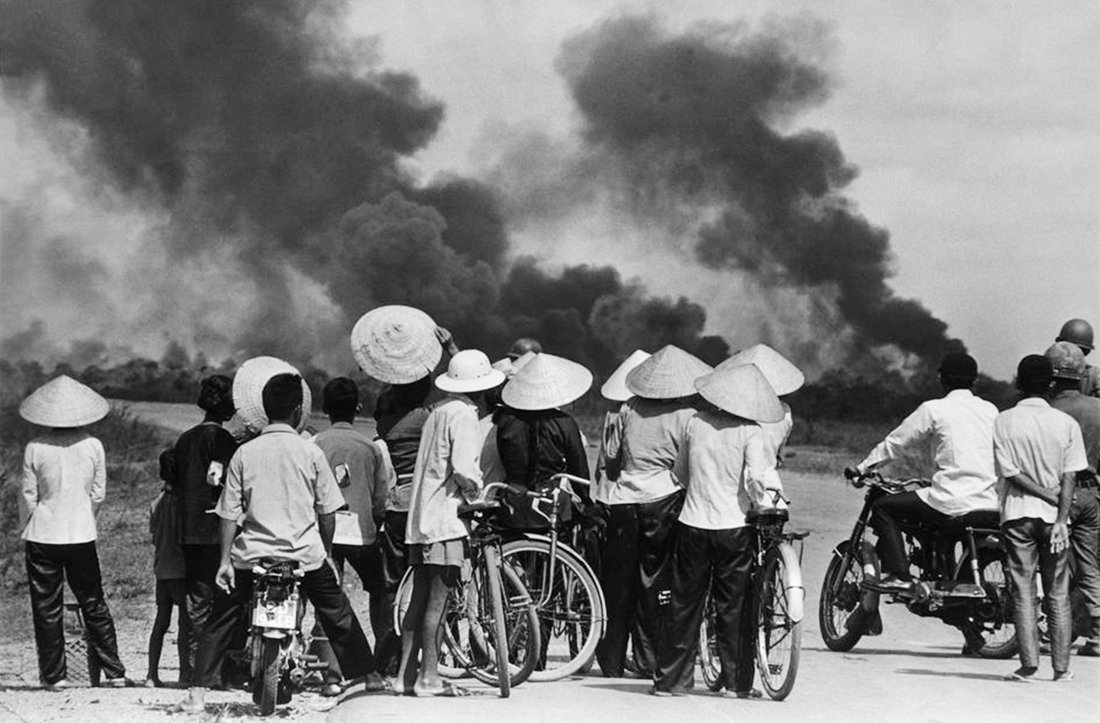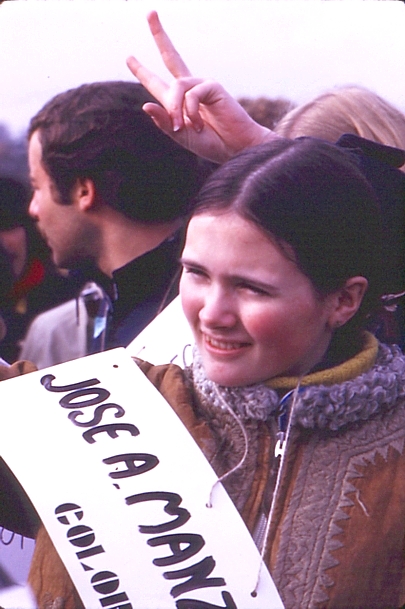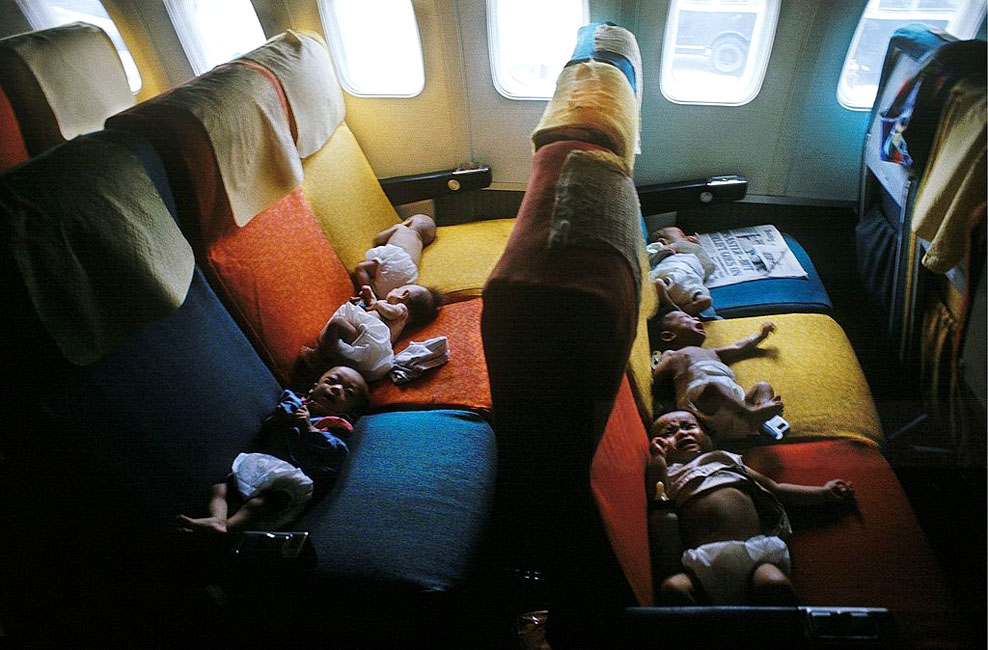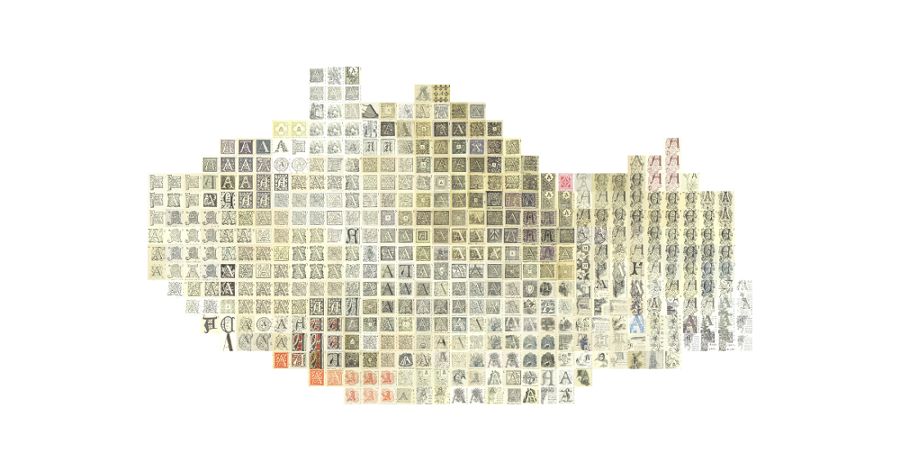March 28th marked the 50th Anniversary of my first step into Army life in Vietnam and the first step out of the life I had always known.
Serendipitously, I was having lunch that day with a colleague and friend whom I had known for 25 years but never understood his history with the war. As it turns out, he had an entirely different experience than I did.
At 18 years old, he signed up for Special Forces because it was the most challenging option and because he believed it was his responsibility to serve his country in the military. After completion of Special Forces training, he was sent to German language training and served in Berlin for a year.
I, on the other hand, graduated from college in 1967 at the peak of the Vietnam War. My choices were to wait to be drafted into the infantry or to sign up for military intelligence where I was promised I would be sent to Monterey, California to learn German and then deploy to Germany for two years—thus avoiding the risk of being shot in the jungle by a 15-year-old Vietnamese kid who had no idea why he was slithering around like the other snakes in the underbrush trying to kill Americans. I chose the latter. Six months later I was in Vietnam.
My friend survived his experience in Berlin just as I survived my experience in Saigon. We were both lucky.

He would have preferred to get orders to Vietnam and jump out of helicopters, and I would have preferred to get orders to Berlin and check out the bars.
Such are the wise and mysterious ways of the military and the luck of the draw.
My friend is an extremely talented person with a Doctoral degree from Harvard and an illustrious career as a leadership development executive in several major corporations where our paths often crossed.
He is a bright, thoughtful, warm, and high-performing man whom I respect and admire.
He has practiced transcendental meditation for the last 40 years and served in a Special Forces US Army reserve unit for 20 years after he was discharged from his initial tour of duty.
I always understood the TM. I never understood the reserves. I will always be perplexed how he reconciled the two.
As we reflected on the last 50 years, I shared with him my experience during and after the war. He respectfully and attentively listened to my story of joining the army as a naïve, small town boy who believed politicians were honest and that going to Canada to avoid the draft was not an option. (My family was never that good at exploring non-conventional options.)
I shared with him how I quickly became disillusioned in Vietnam when President Nixon addressed the nation with proclamations that dramatically contradicted what I was reading in intelligence reports I was receiving from the field.
That shock spurred me to start writing Anti-war poetry and posting it on the bulletin board in our office late at night so I wouldn’t get caught. There were no surveillance cameras in Vietnam in 1968.
Even though my friend would surely not have supported my actions if he had drawn the lucky card to Saigon, he still seemed to understand my shock and disillusion, so I continued my story. Returning safely and physically unscathed from the war, I continued to protest the insanity of the war while serving in the Headquarters for Military Intelligence in Arlington, VA.

During my tour there, I continued to rail against the war and participated in the 1969, 500,000-person, anti-war march on the Capital in uniform—not a particularly “intelligent” move.
Still, my friend, ever compassionate and empathic, raised his eyebrows perhaps a quarter of an inch. Clearly, this was not an action he would have taken—not because he lacked courage, but because it was a violation of his principles and values.
And then, I shared the most outrageous act of the saga.
Having been honorably discharged from the service, I flew home to Michigan in my uniform so that I could benefit from the cheaper fares afforded military people. (I was still officially in the service.) I was very excited to be returning home not only because I was ending a bad chapter in my life, but also because I was about to begin a new chapter.
I was planning to get married in two weeks and my finance was there to meet me at the airport with my brother, an Airforce fighter pilot who had dropped napalm and bombs in Vietnam.
He was a strong advocate for winning the war by bombing Hanoi. I was a strong advocate for cutting everyone’s losses by ending the war.
Always a clever and provocative fellow, I wore civilian clothes under my uniform, so that I could strip off the uniform as I exited the plane and deposit it in a waste bin as a dramatic last act as a military veteran.
You may appreciate how angry I was. My brother didn’t. My friend, still sitting across from me, stayed calm and collected and asked a simple question,
“Do you ever regret doing that?”
In the moment, I responded, “No.”
On the way home from our meeting, the question haunted me.
That’s the impact of great questions asked in a respectful and calm way.
And that’s the reason I’m writing this post. I wanted to reflect more deeply on the question and provide a fuller response to my dear and highly valued friend. And to anyone else who cares to hear.
Do I regret the action?
Yes, if in any way it was seen as diminishing the service and bravery of young men and women who signed up as patriots convinced they were helping their country and advancing the cause of peace.
Yes, if the act was disrespectful to those who came home damaged or dead.
Yes, if the act was seen by parents as an affront to the commitment and courage of their sons or daughters.
Yes, yes, yes. I am truly sorry.

And no. I was so angry, and still am, at the horrendous loss of life and limb suffered in that needless war and the ones that have followed.
There is no act that can express the disgust I have for the policy makers who continued to throw young bodies at a stupid war even after they knew it could not be “won.”
And no. I was so angry, and still am, at having been deceptively conscripted into state sanctioned murder of which I was a part.
There is no “thank you for your service” than can even begin to diminish my bitterness and disillusionment at the decisions that were made and continue to be made in Iraq, Afghanistan, and Syria. The hypocrisy of that easy-to-say statement makes me sick, when I see kids being cavalierly abandoned by the country they gave their lives to serve. Please hold your “thank-you” to me.
And no. I was so angry, and still am, at having seen mutilated bodies in field hospitals or limping veterans in front of the Vietnam Memorial still crippled by their experience.
There is no act that can express my deep sorrow for the maimed bodies and mangled dreams of the kids who served then and serve now.
And no. I was so appalled and still am, by the absence of reporting on the suffering and deaths of Vietnamese, Cambodian, and Laotian people in the war. My impetuous act of blatant disrespect pales in comparison to the war-monger’s callous disregard for human life. I developed personal relationships with many families in Vietnam and was touched by their gracious hospitality and kindness. They were not just gooks whose deaths didn’t count. Tragically, 58,000 Americans lost their lives in the war AND between 2,000,000 and 3,000,000 Southeast Asian people died and endured incredible suffering as a result of our intervention.
I recently read the last article in the series Vietnam ’67, published in the New York Times. It tells the real story of coming home much more eloquently and poignantly than I can. Please read it and weep.
In preparation for this post, I watched the 1978 movie Coming Home with Jane Fonda and Jon Voight. In the opening scene, some disabled veterans are discussing their participation in the war. One wounded warrior says, “I would go back again if I could.” Another asks (paraphrase),
“Is that true, or are you just trying to justify the wrongs you did and the price you paid?”
Sadly, the authors of these senseless conflicts never paid the price they deserved to pay. Innocent kids bore and bear the burden.
Dear reader, I ask your forgiveness if my acts offended you. And I ask you to consider the question, “How much are we still trying to justify the wrongs we committed and the prices we continue to pay?” I hope that question causes you to reflect as deeply as my friend’s question did for me.
Also published on Medium.


The twists and turns of life is so right, Rick. I also enlisted in the Army in 1969, but fate somehow allowed me to be stationed on an Air Force base in Thailand, rather than on the ground in Vietnam. I saw the fighters and bombers coming and going from Nakhon Phanom Air Base, (the Army Signal Corp provided base-to-base communications for the Air Force) but never experienced any of the horrors you experienced.. Existing for a year only nine miles from the Laotian border (the Mekong River), I might as well have been a thousand miles away from the war. Arriving back in the US with nine months left in the Army, I rejoined my wife who I had married just 30 days before being shipped out. I have not had the mental anguish you suffer from the war, but I wholeheartedly support your feelings about those who send others to fight and die, for nothing…
Beautifully stated Ricky-thank you